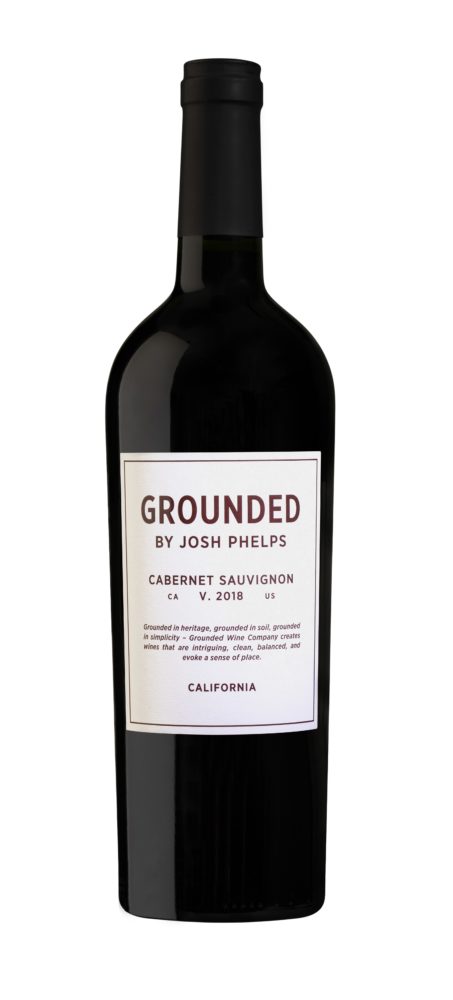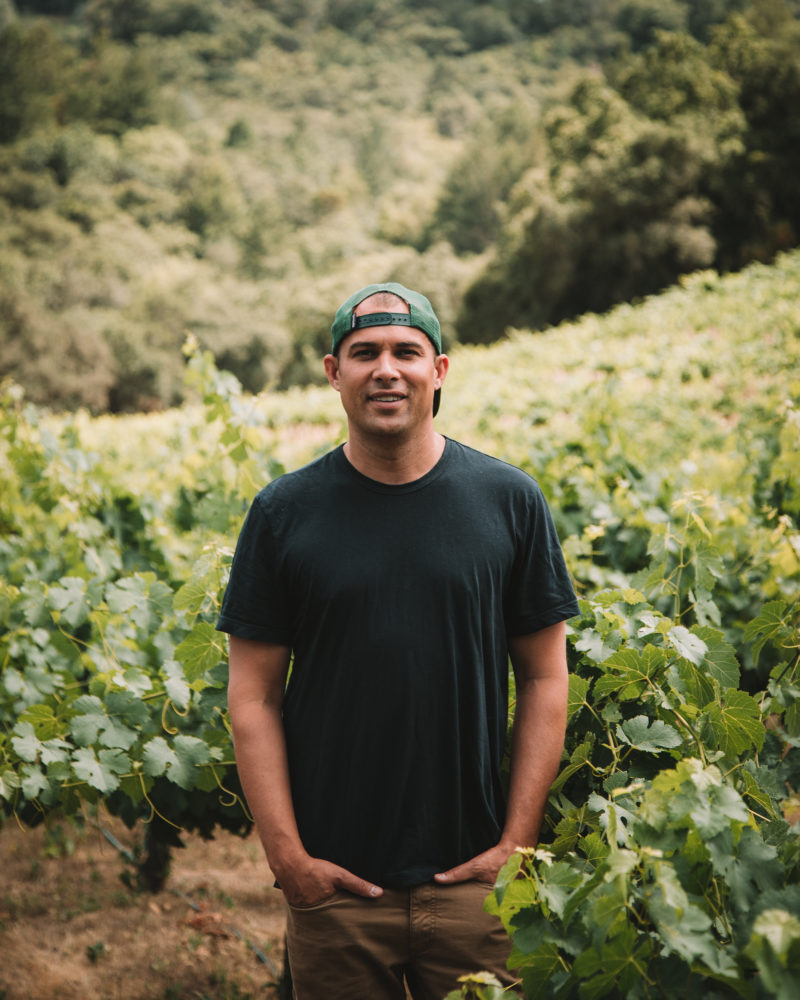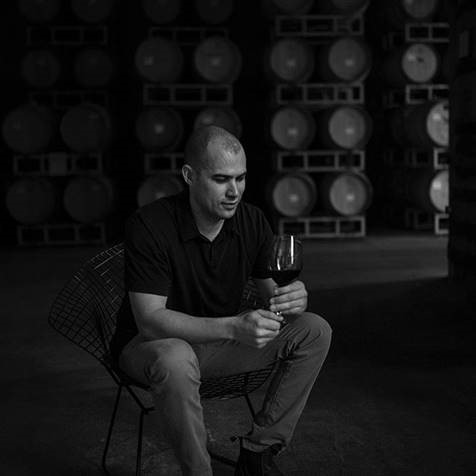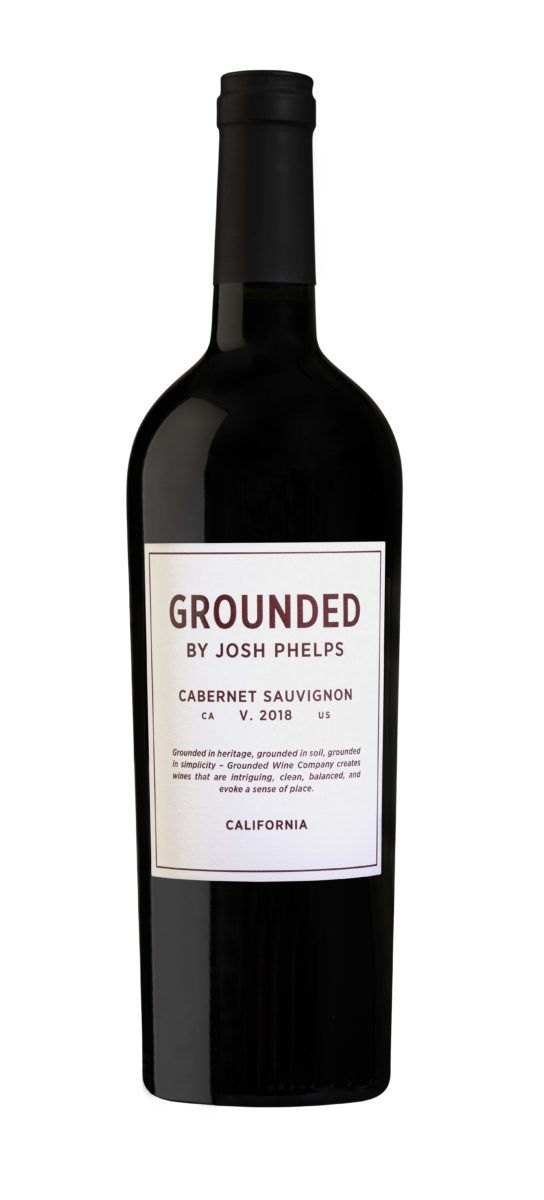
Ninety-nine point nine nine percent of writers don’t make a lot of money. So one of the sweetest rewards of this vocation is the research part – getting to spend time with an interview subject, visiting their hometown perhaps, or chatting with them over a cup of coffee at their favorite local greasy spoon. It’s the casual moments spent between two strangers engaged in this quasi-journalistic undertaking that can be revelatory, that adds the real human bits to the writing.
Alas, during the pandemic, the sweetest rewards are now the most distant, the most longed for. Instead of immersing myself fully in a new setting while working on a story, getting to know the subject and their environment as well as I can, I’ve got – well – um, I’ve got Zoom. The rewards of Zoom pale in comparison to in-person interactions, but for now, video conferencing is the best and safest way we writers have to engage with interview subjects, and in comparison to the real sacrifices that are being made daily by frontline workers, teachers, remote-learning kids and their exhausted parents, and so many others, I’d say I’ve got it pretty darn good. These days, even just last winter seemed like more innocent times.
Still, I was really looking forward to interviewing Josh Phelps of Grounded Wine Company in person. I knew a bit about Josh Phelps; many years ago I worked alongside his father, the esteemed and gentlemanly winemaker Chris Phelps, while he was directing the Special Selection program at Caymus Vineyards. I was doing the PR there. This was back in the mid-’90s, and Chris volunteered for the younger Phelps’ Boy Scout troop. A family man through and through, Chris often talked about his family and Josh’s adventures. Before joining Caymus, Chris had been at Dominus in Yountville. He has made many beautiful wines throughout his respectable career, which also included a successful stint at Swanson Vineyard. Chris continues to make wine under his own AD VIVUM label.
Josh Phelps and I commiserated a bit via email before deciding to move our interview to Zoom. When I finally log in to chat with Phelps, he’s sitting outside RH Yountville, the Restoration Hardware Restaurant that’s a stone’s throw from my favorite Northern California dive bar, Panchas. I get sentimental as soon as he tells me where he’s sitting. I suddenly miss bars all over again. The sun is bright in a clear blue sky. The coming fires that will devastate large swaths of this beloved valley are yet unknown to us. He smiles broadly into the screen, adjusting it a bit, away from the glare. (When I follow up with Phelps much later, he is reeling from the losses suffered by close friends during the fires, and his sadness comes across even in a simple email exchange.)

His Grounded Wine Company, or GWCo., is the umbrella under which various brands rest. They suggest something about Phelps – his curiosity about people, diverse terroirs and travel. Currently, he makes wine in three different states for his various brands, which include Steady State and Grounded by Josh Phelps (California’s Napa Valley), Collusion (Washington State’s Columbia Valley), Land Form (Oregon’s Willamette Valley), Public Radio (California’s Paso Robles) and Space Age (California’s Central Coast). Phelps, 34, is a Napa native and grew up around nature and winemaking. His closely cropped hair frames an open face and ready smile. Affable and unfailingly polite, he appears at ease in his own skin, despite the stress of the pandemic.
RH Drexel: How has Covid slowed down the way you do business?
Josh Phelps: Our brands are new to the market so our footprint is not huge. However, we do have a distribution network nationally, and we were fortunate to enter this phase with some strong retail partners. We have still been working hard to find new channels for the wines and to continue to grow our audience during these strange times. Obviously, much of our wine that was sold in restaurants has moved to retail channels, but I’ve made it a top priority to find ways to support our restaurant partners however we can. That industry and the people who work in it are such an important part of the food and wine world. I think the good that has come out of it has been my ability to be home for the past seven months. Pre-Covid, I was traveling constantly. I was in New York quarterly, and all over the country all the time. I would visit a few states a month, sometimes more; I have not been on a plane since early March. I’m going to revisit the way I was selling wine as we have learned a lot from this. I look forward to being back on the road, but I think we will take a much more strategic approach moving forward. I have been ‘meeting’ with most of our national retail partners on Zoom calls. Same with distribution partners. I have done video seminars with large groups who order my wines ahead of time. While I find the lack of human contact a bit depressing, there has been some upside, and this has all been helpful with keeping up the momentum of GWCo. in the national marketplace.
RHD: I get a kick out of knowing that you make wine outside of California. I find that really refreshing, as so many winemakers get pretty tribal about where they make wine.
JP: When I started Grounded Wine Co. a couple of years back, I had just sold my interest in a reasonably sized, Napa-based wine brand. Between that and the fact that I grew up and live in Napa, I felt inclined to explore some regions that were new to me for this new venture. We now make wine in California, Eastern Washington and the Willamette Valley in Oregon. I have good friends in the wine business in all of these regions and had spent time visiting them over the years. My favorite part about making wine in these different places is that I get to be a part of these different winemaking communities. So much of it is about the people.
RHD: Your wines can be very affordable. That was another pleasant surprise – a Napa Valley-born winemaker with modestly priced wines. Your Grounded California Cabernet Sauvignon is fifteen bucks a bottle. Most of your wines, in fact, are between 15 and 20 bucks, with the most expensive, the Steady State Napa Valley Cabernet Sauvignon, at 50 bucks a bottle.
JP: When I was completing college, I was getting ready to launch my first brand. Growing up in Napa, you become jaded by wine pricing; the wines that my friends were making back home were not accessible to most people my age (including myself). I really felt strongly about making wines that my peers could enjoy. Over the last decade of being in the business, the idea of consumer accessibility has become even more important to me. It’s pretty cool to create a quality product that you are able to share with a large amount of people — not just an elite group of wine people. I also do really love business in general, and for me this is a much more exciting and rewarding business model. Our primary goal is to get the wines in the hands of our customer at the most affordable price possible.
RHD: You came up with some really cool names for your wines. Can you tell me a little about your creative process in coming up with those?
JP: I have a lot of fun with the branding/marketing side. Since the conception of this project, I have worked closely with a childhood friend and her husband who are Mexico City-based. I have been known to go on weeklong creative trips to CDMX, where we brainstorm over amazing food and plenty of Mezcal. I am proud of the brand identity we have created. I wanted the names and labels to have a strong sense of authenticity and for each to tell a story. I think our style is classic with a modern/retro edge. We feel that, in marketing, less is more, so our simple labels are meant to be straight-to-the-point, to help showcase what is in the bottle. Obviously, what’s in the bottle is the most important thing. Grounded – grounded in soil, grounded in life, grounded in wine. Being from Napa, that resonated with me. The other names all fit into this Americana/classic vibe: Steady State – a nod to growing up in Napa and learning from the traditions while forging my own path; Landform and Collusion – prohibition reference; Space Age, and Public Radio – my grandfather’s amateur radio call sign is on the front of the label.

RHD: Your father is a legendary winemaker. When you started making wine yourself, did you fear being compared to him? Was it hard to be recognized for your own efforts without people comparing you to your father?
JP: Growing up, my dad was making wine at Dominus and Caymus for the most part. In more recent years he consults for a handful of producers (including Grounded Wine Co.) as well as running his own small brand, Ad Vivum. I honestly set out on a pretty different path right from the start. My dad went to wine schools in California and Bordeaux. He is a classically trained winemaker and has spent his career mostly focusing on ultra-premium Bordeaux varietals. I really gravitated towards the business side, and after attending school for business, I dove right into the more affordable wine space. I think most people have recognized my efforts as my own even though my dad and I do work together. My dad helps me as a winemaking consultant and is involved in all blending and final decisions. I help him with his brand on the sales and business side.
RHD: A lot of winemakers choose to describe their styles or approaches, i.e. “hands-on versus non-interventionist” or “minimal interventionist.” How do you feel about these descriptors, and do any of them apply to you?
JP: I think my style is classic/minimal interventionist. I consider my wines to be pure expressions of the varietals and regions. We use minimal oak and try not to produce wines that are overpowering. I like wines that are balanced and food-friendly. That being said, I make my wines with my customer in mind, not myself, so I am constantly thinking of that greater audience during the winemaking process.

RHD: When you think about the consumer, who do you see in your mind’s eye? Are they a particular age? Do they belong to a particular demographic? Does it matter?
JP: I really don’t think of age when I am making wine and positioning it. I believe the style of wine we are producing and the way we are presenting it can appeal to a large audience. I think people can get so caught up in the marketing and who they are marketing to. I try not to overthink that. We do know the demographics of the buyers in different retail channels and so it is important that both women and men are attracted to the packaging.
RHD: You grew up in the Napa Valley, as did I. For me personally, it got to a point where I had to leave because I couldn’t quite figure out how to meld the Napa Valley wine country lifestyle with my own personal preferences (a simple life, not much socializing, simple tastes). How have you maintained your perspective, having grown up in the valley, and does it ever get too “heady” for you? And, if so, what kinds of things do you do to get back on track? What other things bring you enjoyment?
JP: That is a great question. I grew up in St. Helena about two blocks from where I live now. (My parents still live in the home I grew up in.) This town (and the valley as a whole) were very different just 20 years ago. I think some of the change has been positive while some maybe not so much. It is tough to find that balance as, at the end of the day, we are a hospitality industry that very much relies on tourism. I do like living here – lots of outdoor space, beautiful surroundings; much of my friends and family are here. St. Helena has a great sense of community. I think in our industry we get jaded by the dinners, expensive wines, etc. It can get really excessive. I think, like anything, it is all about balance. I do love food and enjoy my stable of restaurants here at home, as well as Asian food when I am traveling. A simple dinner at home with a bottle of wine and good friends and family is just as great, and I have been doing a lot of that these past months.
Living in Napa (especially during Covid), we are fortunate to be able to be outside a lot. I have been mountain biking and hiking a ton. The coast is only an hour away, so I like to get out that way to go fishing and spend time at the beach. In the winter I like to snowboard. I like to cook. I do enjoy traveling for pleasure, and I miss that, but this will pass. My family all lives in Northern California, and most of us are here in Napa Valley, so even with social-distancing I do see my family throughout the week. I do genuinely love to work, and you can often find me in the office in the evening with the music up, enjoying a cold beer, working on new projects. I will admit I love (’90s) hip hop music as well as more classic rock.
RHD: Do you ever go to your dad for winemaking advice? And what are the greatest lessons you’ve learned from him?
JP: I very much rely on my dad for winemaking advice; he is the consulting winemaker for my company. He has taught me a lot about winemaking and his winemaking style. I am definitely more of a business person and he is more of an artist when it comes to making wine, so I think that balance is good. He has great attention to detail, and much of my success – and the success of my company – is based on our meticulous approach to making wine.
The sun has softened just slightly behind Josh as we conclude our chat. As we’re saying goodbye, and as is the case with Zoom, I find myself inelegantly looking for a way to sign off while still saying a passing goodbye. Phelps appears to be doing the same thing; smiling while trying to close out our session. His eyes dart back and forth as he smiles, looking for that “Leave” button. We seem to leave the conversation simultaneously when suddenly the screen goes dark.

